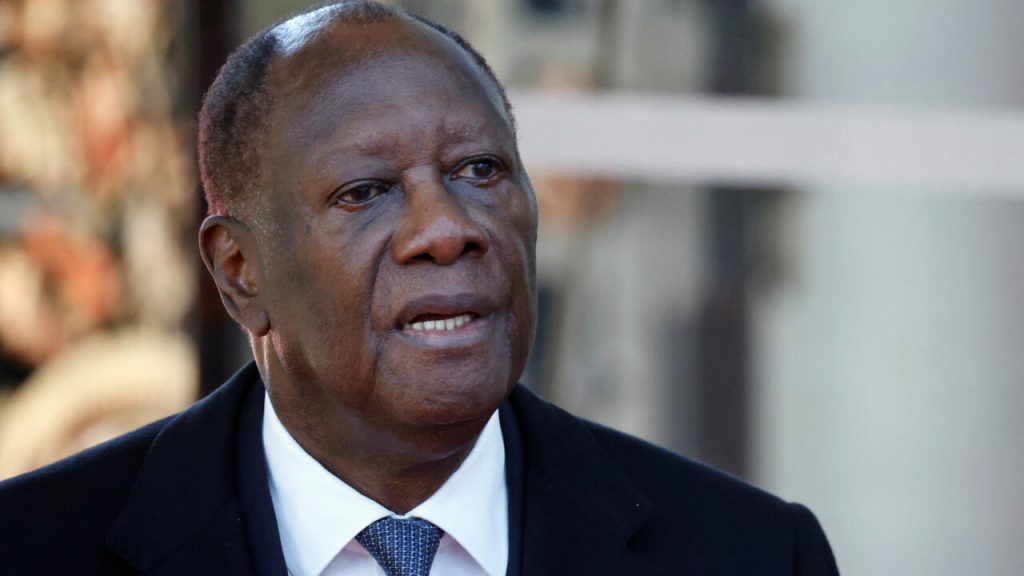Ivory Coast President Alassane Ouattara revealed in his end-of-year address that French troops will leave the country in January, marking another step in the reduction of France’s military presence in West Africa.
Ouattara stated that the withdrawal would be concerted and organised, emphasizing the progress of Ivory Coast’s military modernisation. The French troops stationed at the 43rd Marine Infantry Battalion in Abidjan’s Port-Bouet will hand over the base to Ivorian forces this month.
This development follows similar decisions by other African nations, including Senegal and Chad, as they reassess military relationships with their former colonial ruler.
France’s troop withdrawals across the region signal a broader reconfiguration of its military footprint. Mali, Burkina Faso, and Niger have already expelled French troops in favour of alternative partnerships, including closer ties with Russia.

In November, Senegal announced plans to end all foreign military presence by 2025, citing sovereignty as a priority. President Bassirou Diomaye Faye has reiterated that while the decision marks a shift, it does not sever ties with France.
Chad, once a cornerstone of France’s counter-terrorism operations in the Sahel, also began transferring control of French military bases to local forces in December.
Despite the withdrawal of French troops, Ivory Coast remains a significant ally for France, given its strategic location and rich natural resources. The country has played a vital role in counter-terrorism efforts in the Sahel and Gulf of Guinea.
Ouattara, who has been in power since 2010, also assured that the upcoming presidential elections in October would be peaceful, transparent, and democratic.
The move to end French military operations reflects a growing trend among West African nations to assert greater autonomy while navigating regional security challenges.


